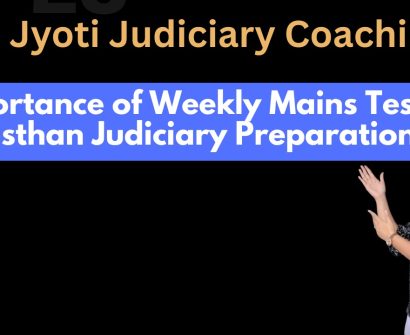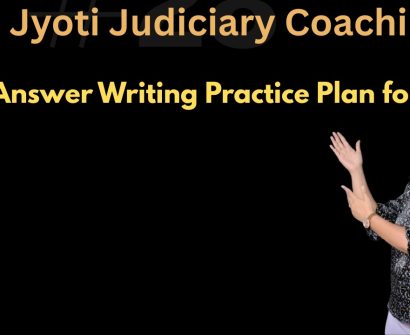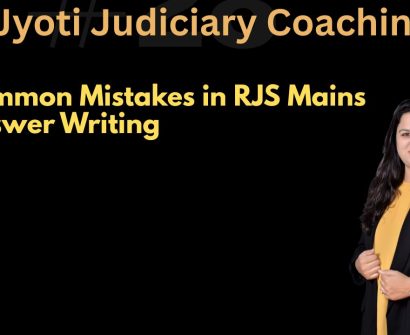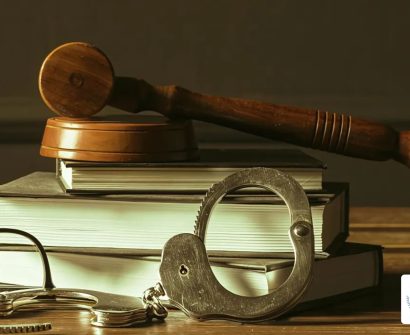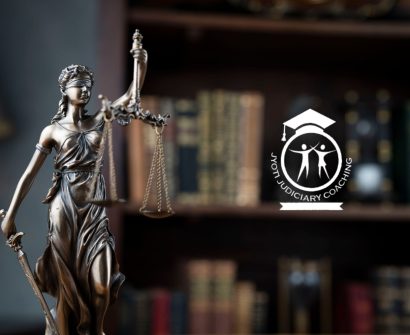
R. v. Daniel McNaughten
JUDGEMENT: Section 84 of the Code recognises the defence of insanity as developed in the English law courts in the decision given by the House of Lords in the given case. McNaughten was charged with the murder by shooting Edward Drummond, who was the Private Secretary of the then Prime Minister of England Sir Robert Peel. The accused McNaughten produced medical evidence to prove that, he was not, at the time of committing the act, in a sound state of mind. He claimed that he was suffering from an insane delusion that the Prime Minister, was the only reason for all his problems. He had also claimed that as a result of the insane delusion, he mistook Drummond for the Prime Minister and committed his murder by shooting him. The plea of insanity was accepted and McNaughten was found not guilty, on the ground of insanity. The aforesaid verdict became the subject of debate in the House of Lords. After this the House of Lords formulated the famous McNaughten Rules on the basis of the five questions, which had been referred to them with regard to the defence of insanity. The five question became the main points of the McNaughten’s rule. They are: –
If you want to be a judicial officer and are looking for RJS coaching, here, at Jyoti Judiciary we provide comprehensive study material to make your preparation solidified and topnotch. From preliminary mock tests, to mains answer writing sessions every material required for clearing the exam is provided. We have separate legal current affairs classes, legal general knowledge, current affairs classes all in one time enrolment. Hurry up.
1. Every man is to be presumed to be sane and to possess a sufficient degree of reason to be responsible for his crimes, until the contrary be proved.
2. An insane person is punishable “if he knows” at the time of crime.
3. To establish a defence on insanity, the accused, by defect of reason or disease of mind, is not in a position to know the nature and consequences.
4. The insane person must be considered in the same situation as to responsibility as if the facts with respect to which the delusion exists were real.
5. It was the jury’s role to decide whether the defendant was insane.

